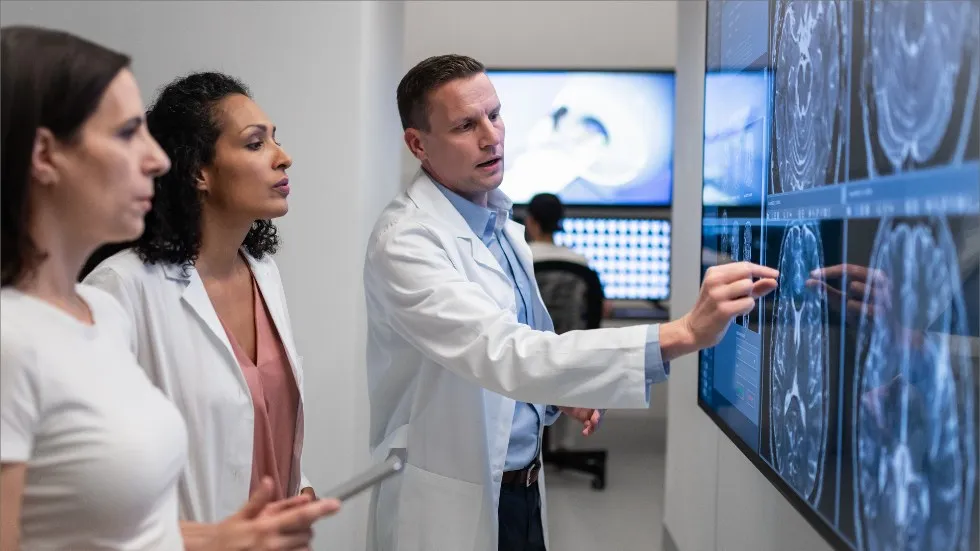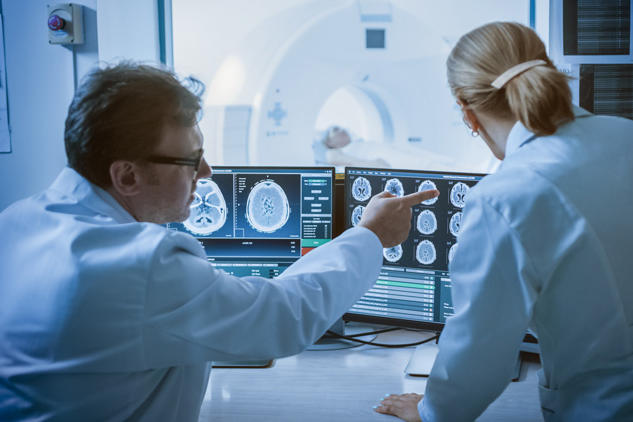A neurologist is a kind of doctor, whose primary focus of practice is in diagnosing diseases of the brain, spinal cord and nerves. The body system is complicated and given that several neurology disorders are very likely to diminish the quality of life of any patient, then it is paramount to seek out a very competent neurologist who has the elements of proper medical training, people skills as well as having access to patient centered care.
Some key qualities to look for when seeking a good neurologist
Diagnostic acumen
It suggests that neurological disorders can be complex to diagnose because of the complicated neuroanatomical of the nervous system and the fact that some symptoms may be seen in many disorders. Essential general clinical competence that an ideal neurologist is expected to possess includes strong diagnosis skills, whereby the neurologist hong kong is expected to take a good history, perform a physical examination, and order appropriate investigations to arrive at the right neurological diagnosis.
Commitment to continuing education
Neurology being a specialty is an ever-evolving field and it is only natural that more information, care practice procedures, and technological innovations come to light after certain periods of time. A neurologist should have a qualification for lifelong learning and should update herself/himself with the issues in her/ his practice through the conferences, research, meetings, and activities affiliated to it.

Effective communication skills
Many neurological disorders may present with multiple symptoms and may be associated with mood or anxiety disorders in the patient or their families. he candidate should be a good speaker while always remembering that the patient should easily understand the medical terms; the neurologist should be an excellent listener to the patient’s concerns and respond to all questions politely and patiently.
Attention to detail
It means people must be very detailed when conducting neurological examinations and diagnosing through neurological diagnostic procedures. In this context, the ideal neurologist should be detail-oriented, with keen observation skills, to detect faint signs and symptoms. The neurologist should also be precise while interpreting the test results to improve the accuracy of diagnosis and, consequently, treatment planning.
Collaborative approach
Neurological diseases rarely, if at all, have single target treatment methods as there is always a need for physicians, as well as other health care professionals including physical therapists, occupational therapists, speech and language therapists, and psychologists. These values are as follows: Of course, a good neurologist should, as much as possible, be friendly to other physicians and appreciate the work of other specialists as to the patients.
Patient-centered care
People are different. A neurologist ought to be patient-oriented by providing care and treatment that is customized to match the anticipated patient needs, values, and preferences, respecting the decisions made by the patients, and having a comprehensive perspective of the patient.
Closing
Therefore, opportunities to identify a good neurologist possessing such qualities can be of great benefit to control and effectively manage neurological disorders. However, a caring and competent neurologist can help the patient reach the right diagnostic conclusion, and the right courses of treatment and caring for the patient throughout the disease then later improve the patient’s quality of life.




